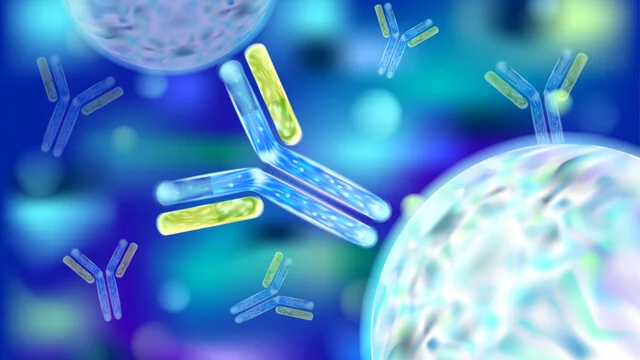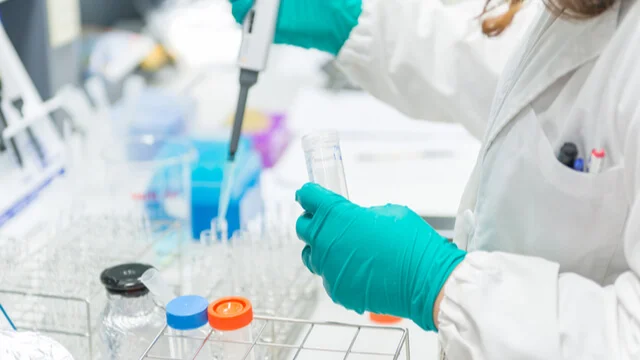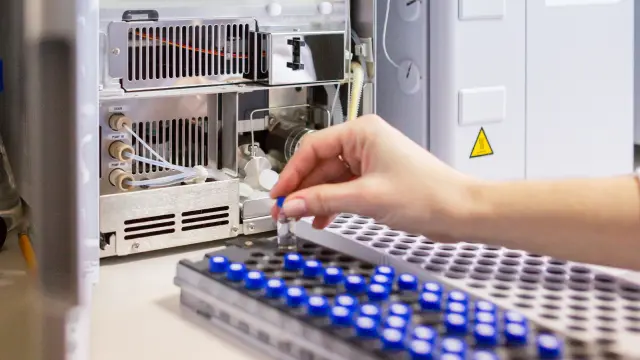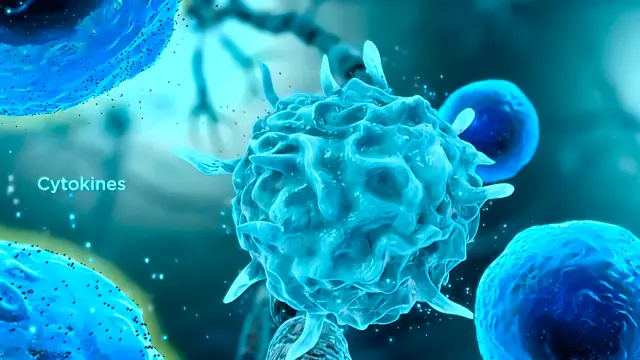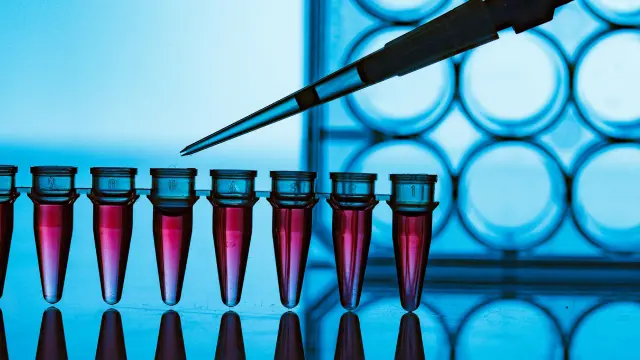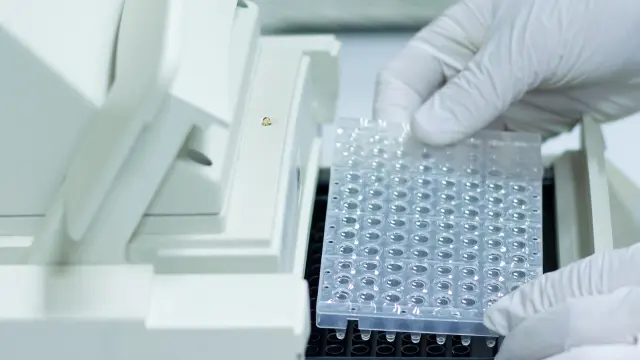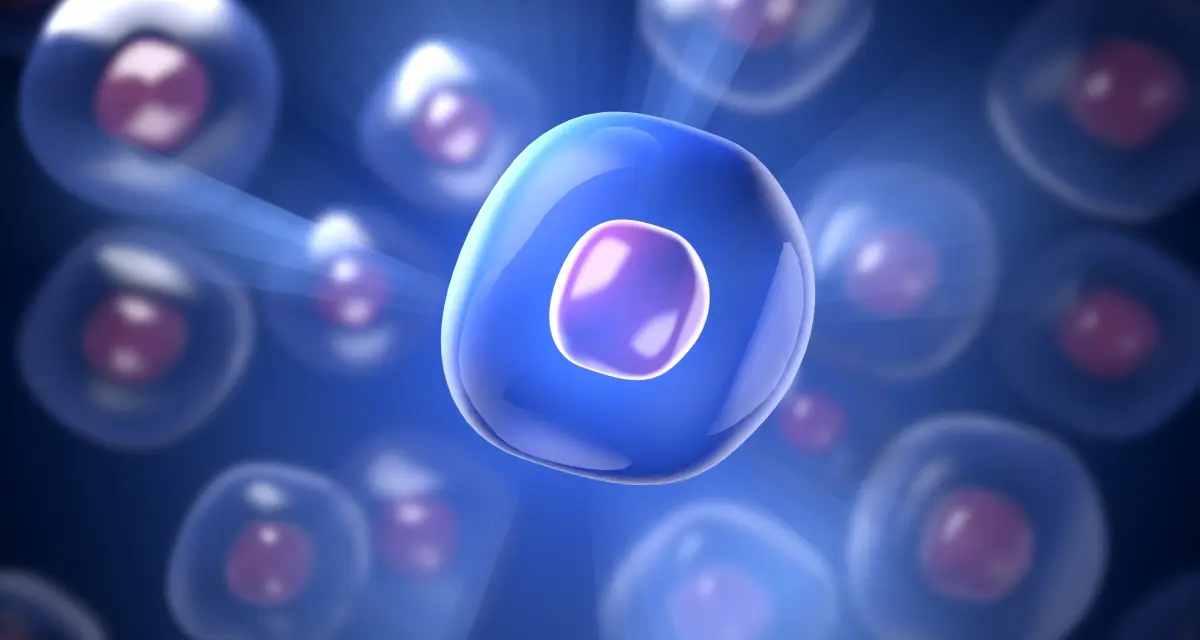ELISA Method: Accurate and Flexible Analysis in 96 well plates
Enzyme Linked Immunosorbent Assay (ELISA Assay) method is a widely utilized immunoassay for quantitating and detecting proteins, hormones, peptides(through ELISA peptide), cytokines, antibodies, and other drugs along with their metabolites. ELISA Assay methods are effective in quantitatively detecting any molecule, or antigen, that can be ascertained by an antibody. For example, ELISA methods are used in pregnancy testing, infectious disease identification, and detection of cytokines, and soluble receptor proteins, etc. Due to the precision, sensitivity, assay speed, and ease of quantitation, ELISA method development is a common choice for several diagnostic and research applications.
While there are various formats of ELISA method, the most common is a sandwich ELISA method. In this format, the analyte whose concentration is to be measured is sandwiched in-between two antibodies that bind to a different region (epitopes) on the antigen. These antibodies are referred to as detection antibody and capture antibody. In this assay, the capture antibody is coated to a microtiter plate in a 96-well format. The antigen binds to the capture antibody, and a detection antibody is used to measure the analyte. The antibody is conjugated to an enzyme, typically horseradish peroxidase (HRP), and detected via catalysis of a substrate which yields a colored product. Spectrophotometry is used to monitor the colored product, and a standard curve is utilized for calculating the antigen concentration in the sample. When the antigen is small, or two antibodies that can simultaneously bind to the antigen are unavailable, then another variation of ELISA, termed competitive ELISA method is utilized using a single epitope.
It is notable that the ELISA method typically uses 96 microwell plates for parallel analysis of many samples, standards, and controls in a single experiment. The surface of these plates is treated with special absorbents such that the antigen or antibody can adhere properly. ELISA method offers increased sensitivity and specificity compared to other standard antibody-based assays. In ELISA method, the interactions with analyte or antibody occur through serial binding that is done to some solid surface such as polystyrene in the 96 microwell plates discussed above.


